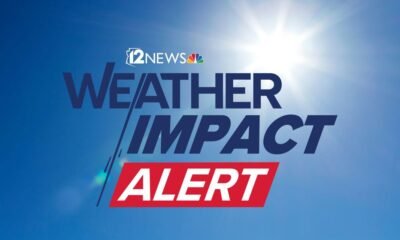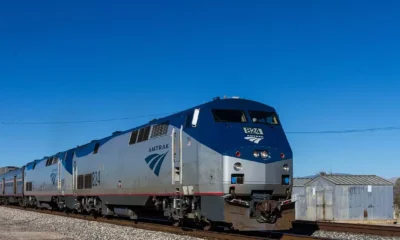2025 budget
State Budget Surplus Hits $500 Million, Yet Major Spending Challenges Ahead

Arizona’s state budget outlook has shown significant improvement over the past year, with legislative budget analysts reporting an additional $500 million in expected revenues. However, fiscal challenges loom on the horizon.
Since the mid-June passage of the state budget, revenue collections have exceeded forecasts. The previous fiscal year concluded with an unexpected surplus of $425 million, and the first quarter of the current fiscal year also outperformed expectations by $109 million.
During a recent briefing to the Finance Advisory Committee, Joint Legislative Budget Committee analysts provided insights into revenue trends and the state’s financial outlook. They indicated that while the general fund is expected to maintain a positive cash balance through fiscal year 2028, these balances are projected to decline, potentially reaching a low of $159 million by that time.
The analysts caution that future budgetary projections are contingent on significant cuts and do not account for ongoing expenditures. For instance, these assumptions omit $183 million anticipated for school building repairs and $140 million designated for state employee health insurance. Additionally, lawmakers may need to eliminate $360 million in other expenses, with substantial portions affecting K-12 education and developmental disability programs.
The budget for fiscal year 2026, commencing July 2025, anticipates $524 million in new K-12 spending, although only $179 million is considered new funding to address projected inflation. Furthermore, the plan allocates an additional $90 million for private school vouchers, based on an unverified forecast suggesting an 88% rise in usage.
Crucially, over half of the planned K-12 spending—approximately $286 million—will serve to replace existing funding sourced from the state’s trust land. This land trust funding was previously secured by voters via Proposition 123 in 2014 to address a lawsuit alleging the state’s failure to meet approved funding increases for education.
Proposition 123 aimed to enhance financial support to schools by expanding the revenue derived from federal land given to Arizona. However, this provision is set to expire in 2025, raising concerns about the potential loss of around $300 million in annual funding for K-12 education. While both GOP lawmakers and Governor Katie Hobbs proposed measures to extend this funding, none were advanced for inclusion on the current year’s ballot.
Consequently, legislators will face the responsibility of addressing the impending funding gap when Proposition 123 expires, necessitating proactive planning to stabilize educational finances.
















